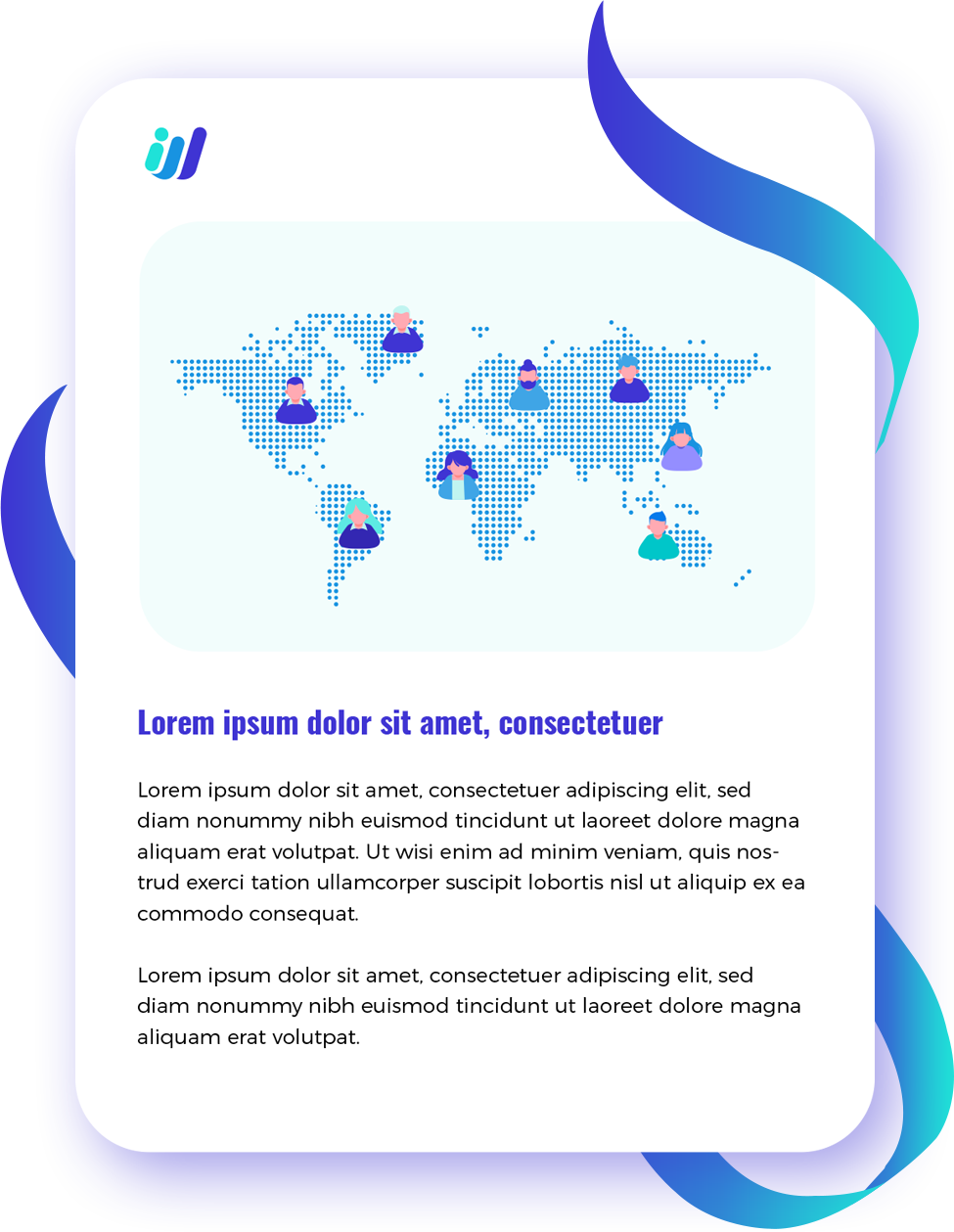One of the world’s most important sectors is healthcare. Every day, healthcare companies prioritize the health and happiness of their patients. This is why healthcare outsourcing is necessary; they need assistance just as much as those receiving it.
With its dependability and ability to provide up-to-date medical help made possible by data, technology, and artificial intelligence, outsourcing is now a major force in changing the healthcare business. Medical Outsourcing is a new strategic practice that is at the heart of this revolution.
Within business process outsourcing (BPO), it is a new field that offers a range of services that can improve the healthcare system.
In fact, the global market for hospital outsourcing was worth USD 270.9 billion in 2019. It’s projected to keep growing at a rate of 6.8% per year from 2020 to 2023.
This was confirmed in detail by Black Book Research, known for being on the cutting edge of healthcare research for over 20 years. Following its 20th annual outsourcing services poll, Black Book said in a press statement about the latest edition of the survey that “healthcare’s outsourcing boom is on a trajectory to double by 2027.”
The study looked at the views of almost 16,000 hospitals and physician organizations across 40 categories of managed services. It found that 91% of those who responded think that more and more healthcare providers are choosing to outsource their growing solution delivery concerns to outside vendors.
A lot of the people polled think that healthcare will outsource a lot more in the next five years. Some of the main reasons given were a lack of in-house expertise, the need to keep up with new technologies, and staffing issues.
The Future of Healthcare Outsourcing
Outsourcing has been used for a long time in many fields, but the healthcare business was slow to adopt the strategy at first. But things have changed recently, and now more than 90% of U.S. hospitals outsource at least one of their tasks4. Read on to learn more about why that is the case as we talk about the benefits of outsourcing healthcare and jobs that could use some help.
What Does Outsourcing Mean in Healthcare?
When it comes to healthcare, outsourcing is a way to get both clinical and non-clinical tasks done by outside providers. To make things easier for hospitals and health services, qualified teams or people take care of things like transcription, human resources, patient services, and medical billing and coding. This gives in-house staff more time and resources to focus on patient care.
Here are a few benefits that make outsourcing hard to pass up for healthcare companies:
1. Better Care for Patients
The health and safety of patients is the most important thing in healthcare, and outsourcing helps health services keep that in mind. Claims processing and medical transcription are time-consuming and repetitive jobs that can be done by outside providers. This frees up clinical staff to spend more time caring for patients and better outcomes.
2. Data Management
Everything from test results and medical records to insurance forms depends on safe, secure, and correct data collection in the modern health sector. The problem starts when workers who don’t have enough resources are overworked and more likely to be late or make mistakes. Outsourcing makes this easier by combining dedicated staff with cutting-edge technology to make sure that data management gets the attention it needs.
3. Less Money Spent
Health leaders are under more and more pressure to find ways to cut costs, so outsourcing is an easy choice. When you work with a service in an offshore location like the Philippines, you can save up to 70% on labor costs alone. You also don’t have to pay as much for hiring, training, onboarding, and building the right infrastructure.
Do you remember when health records were written down on paper and kept in dingy back offices? Those days are long gone, and now electronic medical records are an important part of healthcare. Because of this change, there is a greater need for best-practice technology solutions. To meet their clients’ needs, overseas providers are putting a lot of money into cutting-edge digital solutions. Another useful thing for hospitals is to hire outside IT help.
5. Revenue cycle Management (RCM)
Health care providers are businesses that need smooth and accurate ways to handle income, even though patient care is very important. It’s great for health leaders who want to make sure that things like registering patients, checking insurance, and sending in reports are done quickly and carefully that they outsource RCM.
Obstacles To Healthcare Outsourcing
1. Meeting patient needs
Healthcare companies that outsource need to make sure that the partner they choose is just as dedicated to meeting the needs of their patients and clients as they are. Three things that hospitals and health services can do to make sure their standards are in line with those of their outsourcing partners are to set clear KPIs and goals, use clear communication routes, and do regular reviews.
2. Complex legal and regulatory framework
health services that want to outsource must make sure that they and their outsourcing partner follow the legal and regulatory frameworks, which can be hard because they are always changing. It is important to know the rules about keeping patient information private, following the law, and managing contracts with outside sources.
3. Risk management
When you outsource, you give an outside company control over quality and standards and hope that they will follow strict rules about privacy and data security. Along with working with a trusted and known service, hospitals should also use strong risk management techniques and backup plans to lower the chances of bad things happening.
What Kinds of Healthcare Tasks Can Be Outsourced?
Some jobs and tasks in healthcare that can be outsourced include Quality Assurance, Medical Coding, Health Writing, Transcription, Medical Billing, Processing Claims, IT, Finance, Human Resources, Sales, and Marketing.
Conclusion
Hospitals and health services can benefit greatly from outsourcing. What they need to do next is find the best outsource partner for their needs. You should take your time, do a lot of research, look for recommendations, and ask a lot of questions if you’re thinking about outsourcing. No one size fits all. Good providers will not only be able to answer these questions easily, but they will also welcome the chance to show off their skills.
Dive into the transformative potential of Third Wave Outsourcing, download the comprehensive eBook today! Gain valuable insights and strategies to nurture top-tier talents, embrace digital transformation, and position your organization at the forefront of the dynamic global marketplace.


